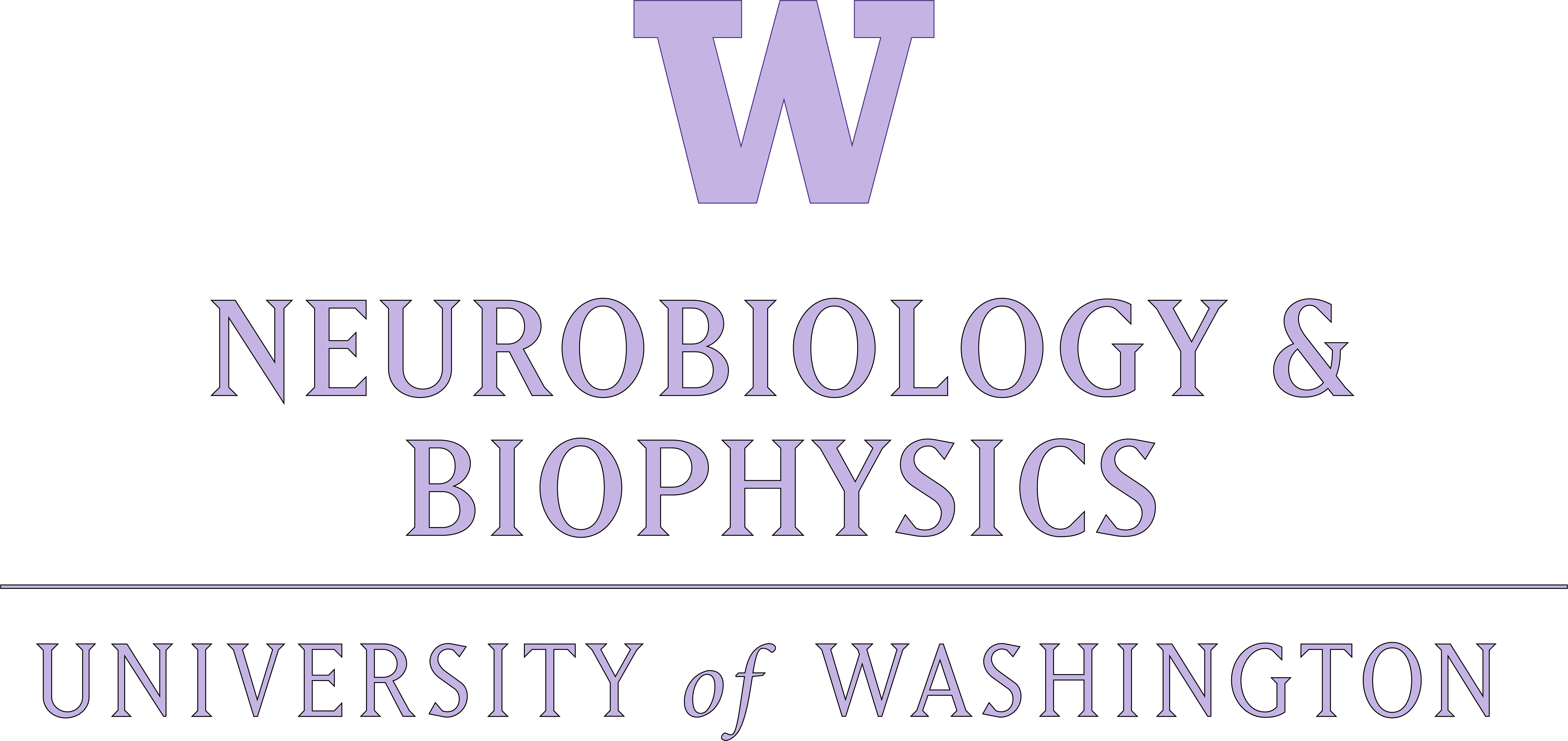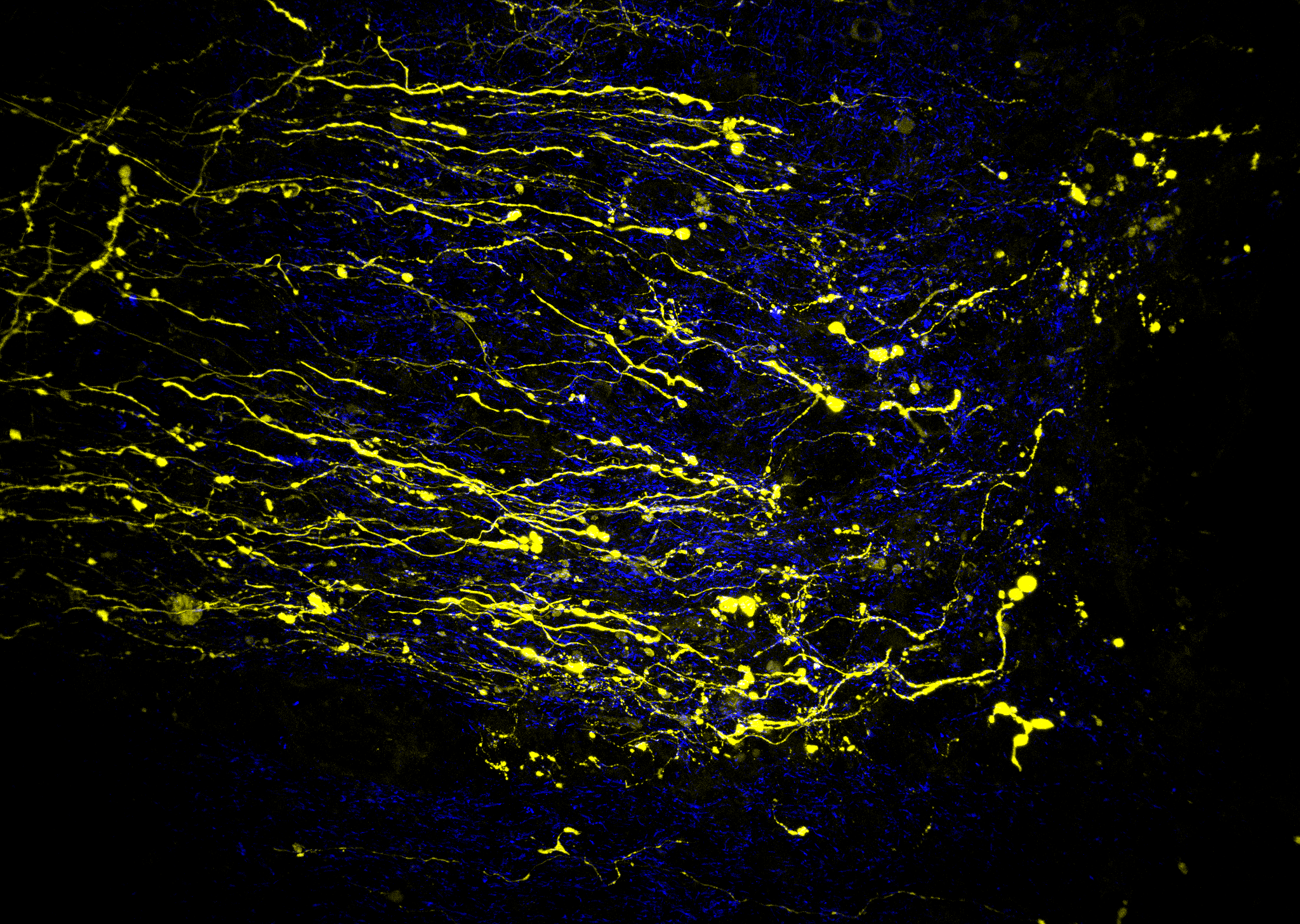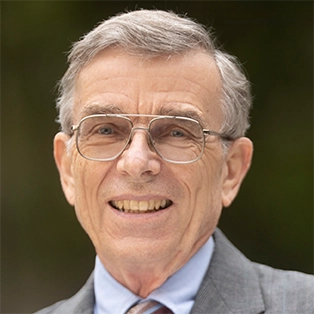Bertil Hille, PhD, has contributed to the success of the UW School of Medicine as a researcher, teacher, mentor and writer for more than 50 years. Beginning July 1, 2021, he will continue his remarkable career as professor emeritus.
Hille joined the Department of Physiology and Biophysics in 1968, and he was named the Wayne E. Crill Endowed Professor in 2005. He received his B.S. in Zoology from Yale University and his Ph.D. in Life Sciences from The Rockefeller University. He met his wife, Merrill Hille, while they were both graduate students at Rockefeller. A researcher in the field of cell and developmental biology, Merrill Hille joined the UW Department of Biology faculty in 1976 and is now professor emerita.
Hille’s work has led to major advances in our understanding of humans as electrical beings. He proved the concept of ion channels and wrote the classical textbook “Ion Channels and Excitable Membranes.” First published in 1984 and now in its third edition, it has been described as “the scholarly bible of ion channels and one of the more cited publications in scientific literature.” In addition to this textbook, he has contributed to more than 200 papers and books.
“Bertil Hille is one of the most outstanding faculty members in the history of the UW School of Medicine,” says Paul Ramsey, MD, dean of the School of Medicine and CEO of UW Medicine. “In addition to his groundbreaking scientific discoveries, he has set the tone for excellence and integrity within his department and across the School.”
Hille has received numerous awards and honors including the Albert Lasker Award for Basic Medical Research and the Gairdner Foundation International Award. He is an elected member of the U.S. National Academy of Sciences, National Academy of Medicine and American Academy of Arts and Sciences.
“Bertil has made enormous contributions to our department with his excellence in research and as a mentor and colleague,” says Elizabeth Buffalo, PhD, professor and chair of the Department of Physiology and Biophysics. “In his new role, he will remain active in mentoring and advising junior faculty. He has had a significant positive impact on countless trainees and junior faculty during his career, and the department is grateful for his continued involvement.”
–from UW Medicine’s The Huddle


